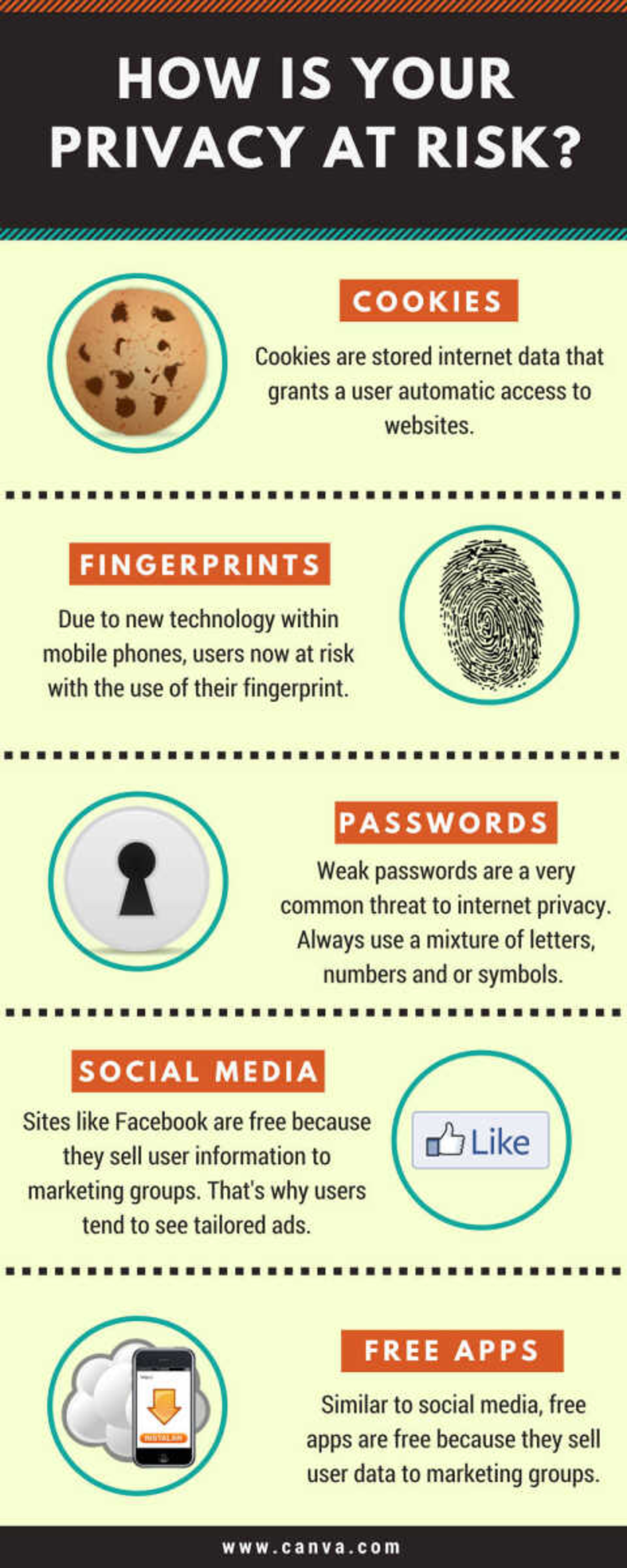On April 3, President Donald Trump signed into order a repeal reversing internet privacy rules. This appeal will now allow internet service providers to sell client information and browsing history without their permission.
With the rules reversed, internet providers such as AT&T, Charter or Comcast would benefit, but so would advertisers. Lucas Kossack, a cyber security major at Southeast Missouri State University, explained that an internet service provider (or I.S.P.) can either advertise a client’s data to sell or a third party will contact them to buy the data.
Facebook and Google use similar methods. To remain free programs, they sell data to marketing groups so they have special targeted ads for that person. Both computers and smartphones will be affected.
From a cyber security standpoint, Kossack thinks this repeal won’t affect a lot of people but it is possible to link information back to a person.
“It shouldn’t affect any individual directly unless you’re doing something totally illegal online, you could possibly be caught,” Kossack said. “The biggest problem that I really have with this, from a cyber security perspective, is more ethical than anything else.”
Kossack added that the way the I.S.P. infrastructure is set up, there can only be a couple of them within an area, so a person has no way to boycott.
“You’re already paying for internet and now they are getting more. I don’t see an I.S.P. taking this and lowering their rates by any means,” Kossack said.
People can protect themselves from this repeal, Kossack mentioned. A Virtual Private Network (or V.P.N.) can be set up to encrypt computer or mobile browsing data by sending your information to a third-party source then on to the internet. The I.S.P. then has no way to see what that person is browsing and just sees a large stream of encrypted data.
“For the general user, the extra money for the V.P.N. isn’t really worth it but if you’re worried about your privacy, that is something to do about it,” Kossack said.
Although a student can use a private or hidden internet tab on their computer or mobile phone, they can still be tracked unless they have a V.P.N.
Alondria Farr, an education major at Southeast, had her own thoughts on the repeal.
“I don’t like it at all. It’s not right,” Farr said.
The bill went into law immediately after President Trump signed off on it. The types of data sold include but are not limited to browsing history, location, smartphone app usage.






